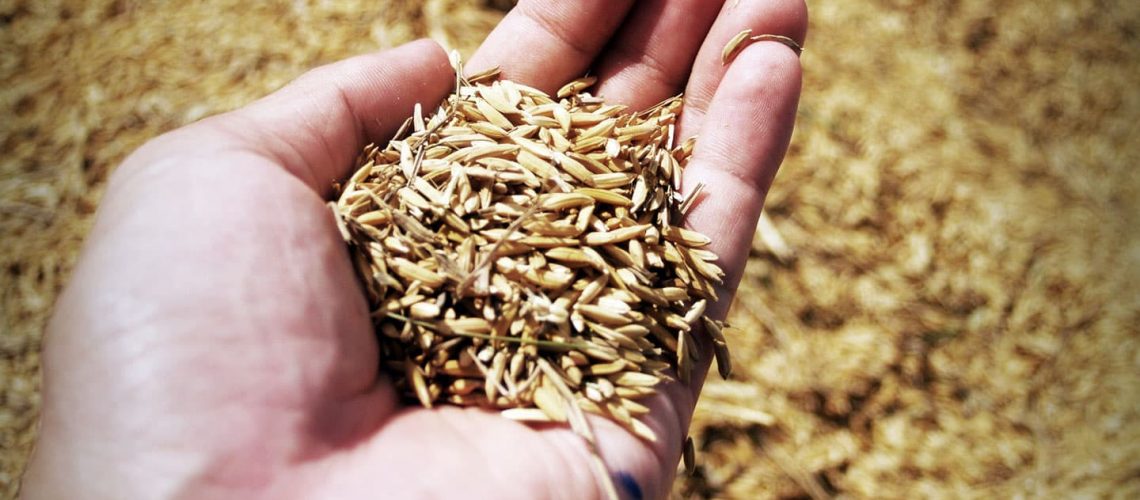Digest This
Click on the topics below to learn how probiotics can improve your digestive health, naturally.

Antibiotics Hurt Your Whole Grain Intake
- @drHoberman
- Diet, Drug interactions
It’s amazing how incorporating whole grains into your diet reduces your risks of serious health problems – stroke, cancer, chronic inflammation and type 2 diabetes – while delivering important minerals, vitamins and antioxidants your body needs.
Adding whole grains to your diet can be as simple as replacing white rice in your favorite meals with brown rice or quinoa, swapping out white flour tortillas with ones made with stone-ground corn or eating a little popcorn (just forget the fatty movie theater butter and salt).
However, all of that dietary goodness you’ve done for your health may evaporate when you take antibiotics, drugs that doctors prescribe too often.
Researchers at Aarhus University discovered this critical problem while examining the health of more than 2,200 Danish patients who developed cancer over a 13-year period in a 2016 study appearing in Molecular Nutrition & Food Research.
The problem occurs when antibiotics disrupt one component of whole grains, lignans (beneficial polyphenols found in a host of plant-based foods, including flaxseeds and sesame seeds), in the human gut.
Antibiotics prevent the conversion of lignans in the gut to enterolignans, chemical byproducts that behave like estrogen and have been associated with lower mortality rates among breast cancer patients.
Concentrations of enterolignans in women who had taken antibiotics dropped by 41 percent less than three months before giving blood samples and 12 percent among men, both compared to patients who didn’t take them.
Those numbers remained relatively low (26 and 14 percent among women and men, respectively) up to a year later too.
A follow-up study by part of the same Danish research team on pigs found enterolignan concentrations dropped 37 percent in animals treated with antibiotics, compared to a control group.
The easy advice would be to avoid taking broad spectrum antibiotic drugs as much as possible, but that’s just one part of the solution.
Unfortunately, our bodies are exposed to soaps, toothpastes and cosmetics on a daily basis that contain antimicrobial compounds like triclosan.
Constant exposure to these chemicals creates a backlash known as the hygiene hypothesis, in which your body’s ability to develop its own immunities to disease is weakened significantly. In other words, your environment may be “too clean” for its own good.
Protecting your body from the damage antibiotics and harmful chemicals can do to your gut is as easy and effective as taking a probiotic containing multiple strains of beneficial bacteria like EndoMune Advanced Probiotic for adults and EndoMune Junior Probiotic for kids.
There Is An Endomune Probiotic For Every Lifestyle
-
EndoMune Metabolic Rescue
$44.95 -
EndoMune Advanced Probiotic
$42.95 -
EndoMune Companion Pack
$112.93








